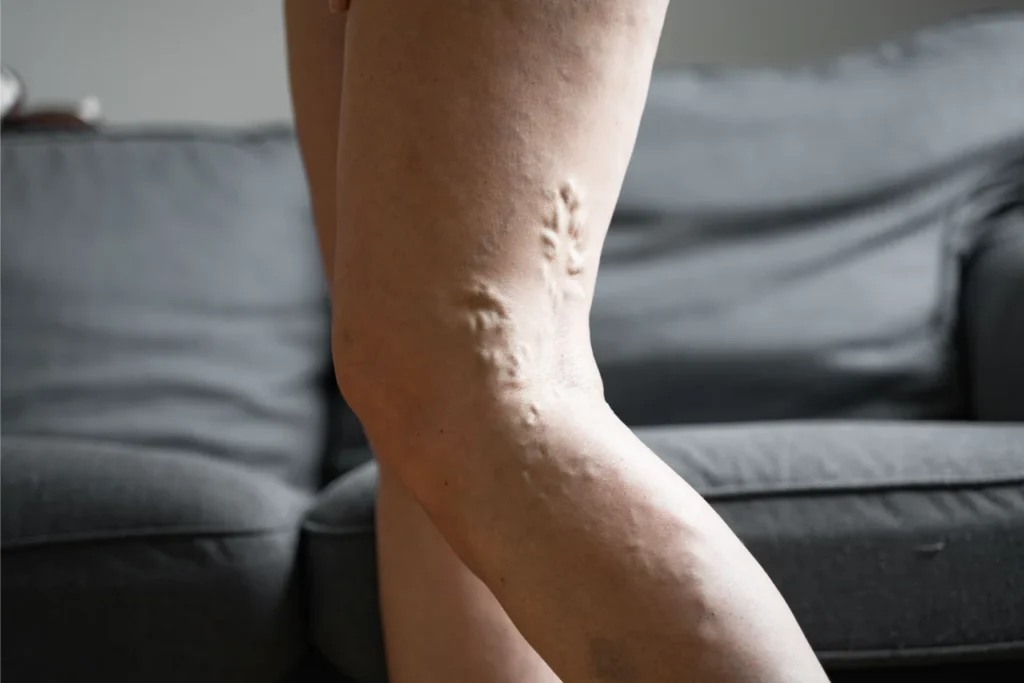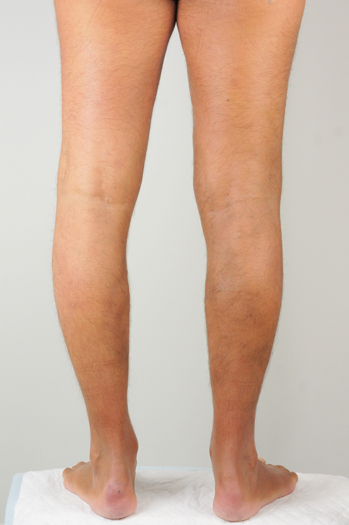At Tristate Vein Specialists, led by Dr. Aron Rovner, we specialize in Vein Ablation, a revolutionary approach for removing varicose veins. Our goal is to provide patients with effective, safe, and minimally invasive vein treatment options that improve both health and appearance. If you’re struggling with varicose veins, you deserve relief and to regain confidence.

Vein Ablation is a state-of-the-art procedure designed to treat varicose veins by using energy, typically in the form of laser or radiofrequency, to close off the affected veins. This method reroutes blood flow to healthier veins and alleviates the symptoms associated with varicose veins.
You might be considering vein ablation for legs if you experience symptoms such as:
In addition to symptom relief, many patients seek this varicose vein treatment for aesthetic reasons.

Following your vein ablation procedure, you will likely experience minimal downtime. Recovery generally involves:
Vein Ablation boasts a high success rate for treating varicose veins. Studies show that the procedure effectively closes 90-95% of treated veins. Most patients experience significant improvement in symptoms, such as leg pain and swelling, and a notable aesthetic enhancement in their legs. This high success rate highlights the effectiveness of vein ablation as a viable treatment option for those suffering from varicose veins.
The vascular system can benefit significantly from vein ablation:
Understanding vein ablation costs is essential. The price may vary based on the complexity of the case, the specific techniques employed, and your insurance coverage. Our team is here to discuss payment options and insurance details to ensure transparency and enable informed decisions.
While vein ablation is generally safe, awareness of potential risks is crucial:
Be vigilant for symptoms indicating a possible complication, such as:
If you experience any of these symptoms, please contact our office right away or seek emergency care.
At Tristate Vein Specialists, we are committed to providing effective minimally invasive vein treatments to help you lead a comfortable life. If you’re considering vein ablation, reach out to us today to schedule a consultation. Let our specialists help you get back on the path to healthier, more beautiful legs!

We utilize advanced, minimally invasive treatment methods for optimal outcomes.
Our dedicated team is focused on delivering exceptional results.
We prioritize your comfort and well-being throughout your treatment journey.
At Tristate Vein Specialists, we embrace a patient-centric approach to healthcare. From your initial consultation to post-treatment follow-ups, our team is dedicated to keeping you informed, comfortable, and supported throughout your treatment journey. We take the time to address all your concerns and questions, ensuring you feel confident in your personalized care plan.